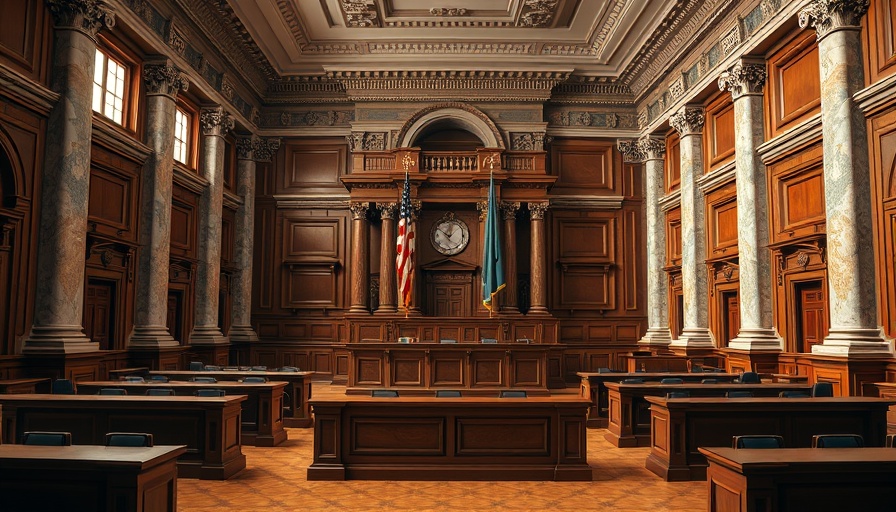
Understanding the Supreme Court's OPRA Decision
The recent ruling from the New Jersey Supreme Court has significant implications for how the Open Public Records Act (OPRA) is interpreted, particularly regarding the County Prosecutors Association of New Jersey (CPANJ). In a landmark decision, the Court established that CPANJ, a 501(c) nonprofit consisting of the 21 county prosecutors, does not qualify as a public agency under OPRA. This determination stems from the court's interpretation of a key legal threshold: whether a county prosecutor is recognized as a "political subdivision." The ruling clarified that prosecutors themselves are not considered political subdivisions, thus disqualifying CPANJ from being categorized as a public entity under both OPRA and common law.
Why This Matters for Public Records
One pivotal aspect of the court's ruling is the rejection of the argument that merely engaging in governmental law enforcement activities would qualify CPANJ for OPRA's protections. The decision makes it clear that OPRA's public agency definition does not depend on the type of function an entity performs but strictly adheres to the legislative language. As a result, citizens and entities seeking records from CPANJ must now pursue access through the relevant public agencies like individual prosecutors’ offices or the Attorney General's Office. This ruling could diminish the transparency traditionally expected from public agencies and underscores an essential distinction between governmental and nonprofit entities engaged in law enforcement.
Implications for Government Transparency
This decision raises concerns among advocates for government transparency who assert that public entities should be accountable for their actions and records. While the Supreme Court’s ruling clarifies the boundaries of OPRA, it simultaneously points to the broader challenges faced by the public when trying to access governmental information. The ACLU’s pursuit of records from CPANJ, while unsuccessful, highlights the ongoing tension between the desire for transparent governance and the legal definitions that govern public access to information.
Conclusion: The Path Ahead for Public Records
As this landmark decision unfolds, it poses a critical moment for attorneys, law enforcement, and policymakers. Understanding the intricacies of OPRA and its application to entities like CPANJ is vital for navigating future public record requests. Stakeholders in the legal system must adapt to this clarified legal landscape to safeguard information availability. Ultimately, this ruling emphasizes the need for ongoing dialogue regarding transparency and accountability in government, challenging everyone involved to advocate for clearer definitions and expectations under public records law.
 Add Row
Add Row  Add
Add 



Write A Comment